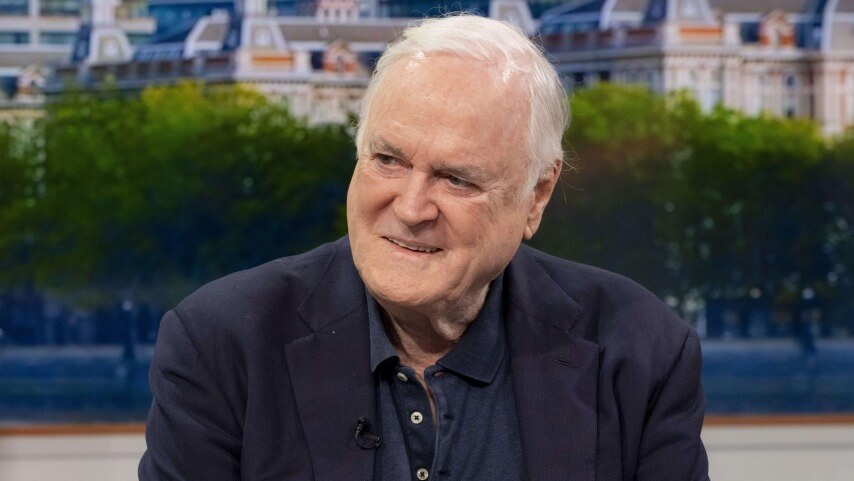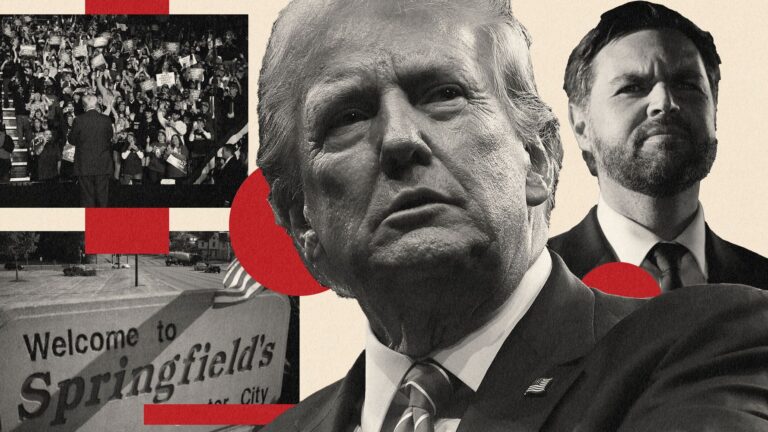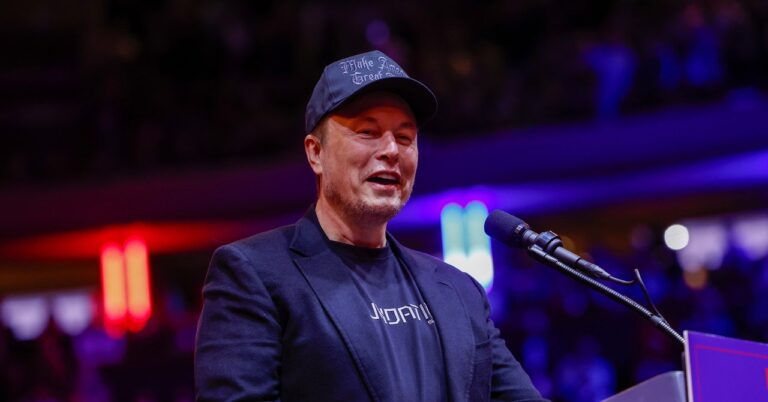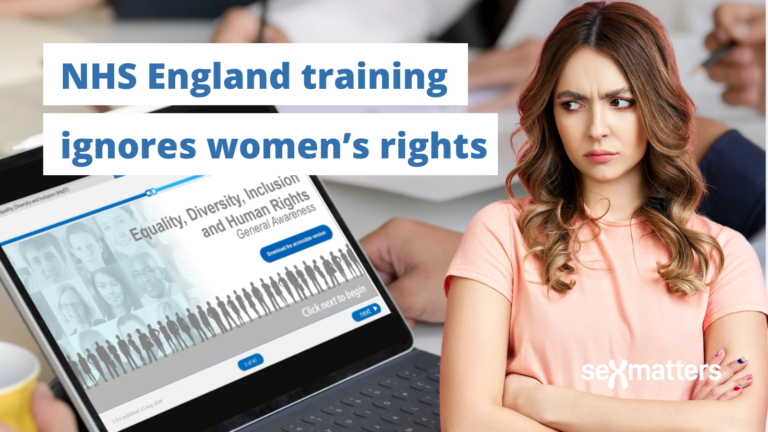John Cleese’s Cancel Culture Show Canceled by Channel 4
John Cleese’s Cancel Culture Show Axed: What Happened?
If you’ve ever found yourself chuckling at a classic Monty Python sketch or quoting an unforgettable line from one of John Cleese’s films, you know the man’s impact on comedy. Recently, however, Cleese stirred the pot in a different way when he announced a new project centered around the complex topic of cancel culture. But before audiences could even tune in, Channel 4 decided to pull the plug on the show. Why? Let’s break it down.
What Was the Show About?
In a world striving for inclusivity and sensitivity, cancel culture has become a hot-button issue that divides opinions faster than you can say “dead parrot sketch.” Cleese, famous for his outspoken views, wanted to dive into this subject with a new show—a satirical take, no less, that aimed to critique the nuances of our current cultural climate.
Cleese envisioned a series where he would explore not just the phenomenon of cancel culture itself but also the broader implications on freedom of speech, art, and comedy. The man has always been a comedian who challenges societal norms; it’s what he does best!
Cleese’s Viewpoint
Before we delve into the cancellation details, let’s unpack why Cleese even wanted to tackle this issue. He’s been vocal about how he believes too many comedians and artists are afraid to express themselves for fear of backlash. Some might even say he feels like a dinosaur in a digital age—outdated, yet intensely relevant and wise about the shifting tides.
In a 2020 Twitter post, Cleese wrote, “People are too easily offended nowadays. Whatever happened to good old-fashioned comedy where everyone could have a laugh at their own expense?” Those who have followed him know he’s always marched to the beat of his own drum, but in this case, it seems that drum solo didn’t quite resonate with Channel 4.
The Reasons Behind the Cancellation
So, what exactly led to the cancellation of his show? Let’s peel back the layers. Channel 4 decided to pull the plug, citing concerns surrounding audience reception and feedback. It’s not hard to imagine that given Cleese’s reputation, the producers were wary about how the public would embrace such a contentious subject.
Audience Sensitivity
In our current era, audiences are increasingly aware and sensitive to issues revolving around race, gender, and identity. It’s 2023, and everyone has an opinion—arguably more than ever before. This environment makes it difficult for any artist, comedian, or broadcaster to take risks without facing potential backlash. We have seen it time and again—what one person finds hilarious, another might deem offensive.
This was likely on the minds of Channel 4 executives as they pulled the plug on the show. They may have feared that a John Cleese experience might cross the line into territory the station wasn’t ready to navigate.
Strategic Decisions
Canceling a show is as much a business decision as it is an artistic one. Channel 4 has a brand to uphold, often leaning toward programming that showcases the delicate dance between humor and social responsibility. This isn’t to say Cleese doesn’t fit into their brand—he absolutely does—but rather, the fear of alienating potential audiences may have driven their final decision.
Perhaps they saw the potential for controversy and decided it simply wasn’t worth the risk. After all, creating a show is one thing; managing its fallout is an entirely different ballgame.
Impact on Comedy and Freedom of Speech
The implications of this cancellation ripple beyond just the show. For those in the entertainment industry, especially comedians, this sets a precedent. It raises questions about the freedom of speech and how it intersects with creative expression.
The Fear Factor
Serious conversations about cancel culture, particularly as they relate to comedians, often bubble with tension. If comedians start self-censoring in fear of backlash, what does that mean for the art form as a whole? Humor often pushes boundaries, and although Cleese has his distinct style, the essence of comedy involves bringing uncomfortable truths to light—and what happens when that light gets dimmed?
Even more alarming for creatives is the fear that if someone like John Cleese can’t find a platform for his voice, what about up-and-coming comedians? By axing this show, are we sending a message that certain conversations are off-limits?
Cultural Commentary
Many industry insiders have suggested that the cancellation can be viewed as a moment of reflection for society at large. What does it mean if a prominent artist cannot explore a contemporary issue without facing backlash? Are we compelling artists to conform to a one-size-fits-all slogan that may not represent all audiences?
Is cancel culture killing creativity, or is it just a necessary process of evolving social norms? This conversation is not easily navigable, and unfortunately, Cleese’s halted show puts a spotlight on the complexities involved.
Reaction to the Cancellation
The cancellation didn’t just evoke concern; it also ignited discussions among fans, critics, and fellow comedians. On social media platforms, various viewpoints emerged, creating a firestorm of opinions.
Supporters of Cleese
His supporters rallied, claiming that restricting Cleese’s voice is a blow to the essence of comedy. After all, laughter can often heal—even if it pushes boundaries. Fans expressed disappointment, asserting that comedy thrives on discussing difficult topics, including cancel culture itself.
Critics of Cleese
On the other hand, critics were quick to welcome the cancellation, stating that comedy should evolve and reflect new social standards. They argued that conversations about cancel culture should be approached with care and sensitivity, aligning comedy more with the current zeitgeist—a fight against the comedy of old that results in marginalized groups further silenced.
Conclusion
John Cleese’s canceled show on cancel culture has once again opened the proverbial Pandora’s box regarding our cultural landscape. Whether you align with Cleese’s perspective or stand against it, one thing is clear: this subject stirs deep emotions and challenges comedians differently than before. It’s not just about laughter anymore—it’s about navigating a complex web of cultural dynamics where humor and sensitivity collide.
As we continue to navigate this evolving cultural landscape, one can’t help but wonder: where does that leave comedians aiming to provoke thought, elicit laughter, and discuss issues that matter? The path forward remains to be seen, but in a world where laughter is often our best medicine, let’s hope for conversations that honor the art of comedy without silencing the voice behind it.
FAQs
1. What was John Cleese’s show about?
Cleese’s canceled show aimed to address and satirize cancel culture while exploring the broader implications on freedom of speech, art, and comedy.
2. Why did Channel 4 cancel the show?
The cancellation stemmed from concerns about audience reception and potential backlash around exploring such a contentious subject.
3. What does this mean for comedy in general?
The cancellation raises questions about how freedom of speech intersects with creative expression, potentially causing comedians to self-censor their work.
4. How did fans and critics react to the news?
Reactions were polarized; supporters called it a blow to comedy while critics believed it was a necessary step towards sensitivity and evolution in comedic content.
5. Will there be other opportunities for Cleese’s perspective on cancel culture?
While this particular platform has been shut down, there may still be other avenues—such as online platforms, podcasts, or live shows—where Cleese can explore these themes.







